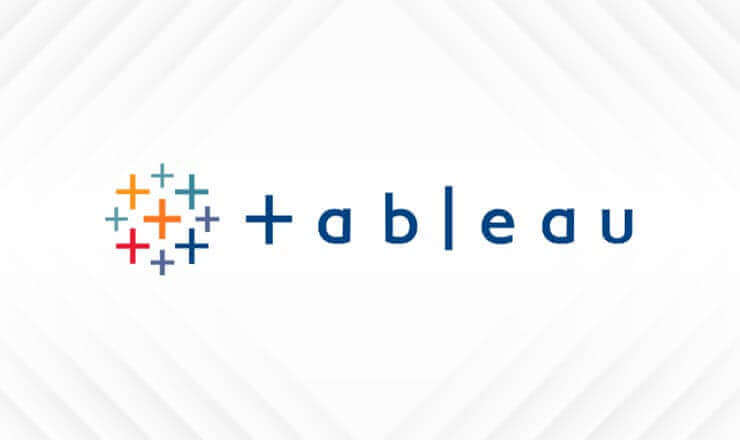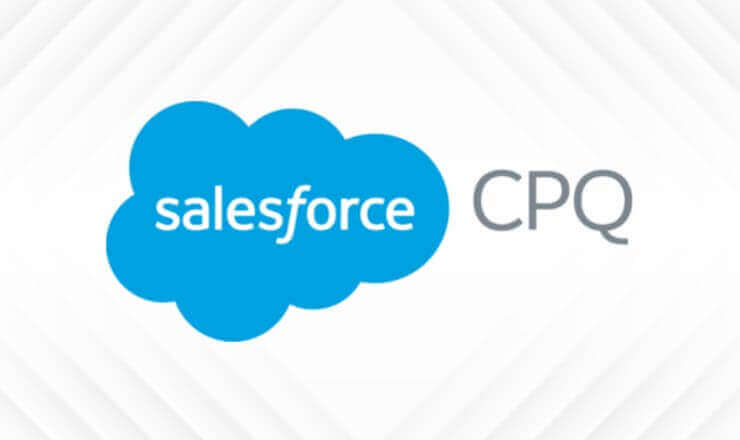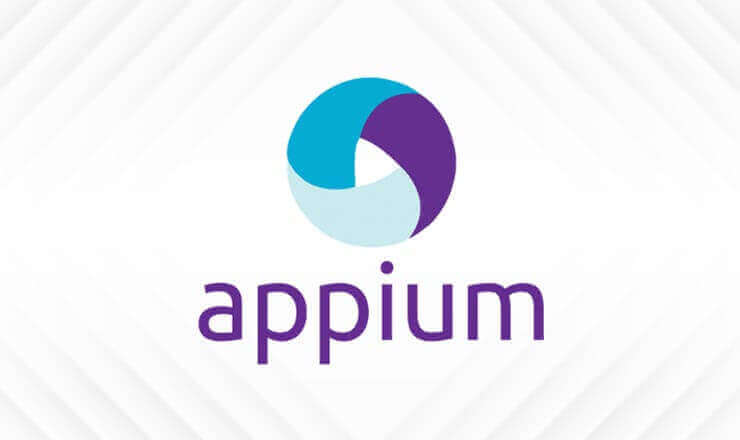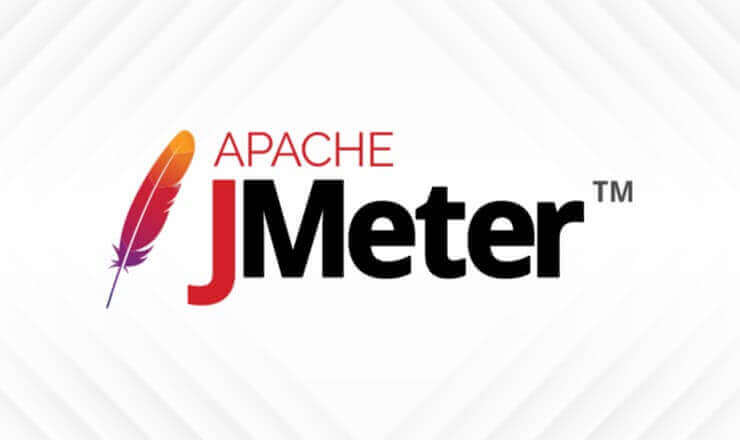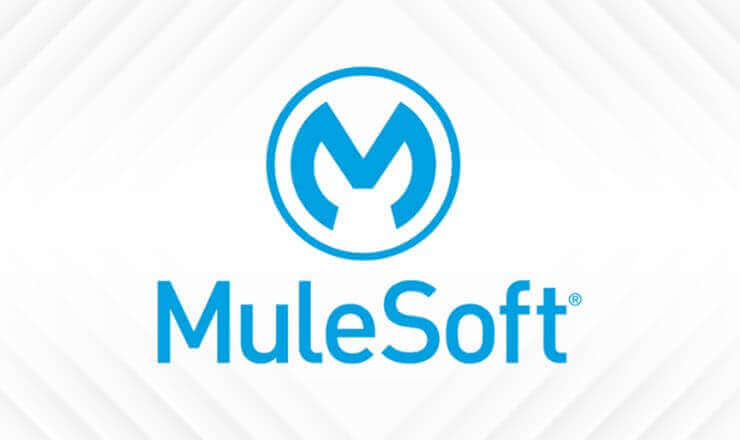What is Salesforce?
Salesforce, headquartered in San Francisco, USA, is one of the world's largest software companies, known for its cloud-based CRM (Customer Relationship Management) software suite, which is used by more than 150,000 companies worldwide. Salesforce offers an integrated ecosystem of various tools that enable a company to plan, execute, and track all its workflows effectively.
Who is a Salesforce Admin & Developer? What Do They Do?
In the Salesforce world, there are primarily two job positions: Administrator and Developer. While many bootcamps focus on teaching you just one of these skills, in the TechPro Education Salesforce course, you will receive training in both Admin and Developer roles, enabling you to specialize in both areas.
- Administrator: A professional who manages business processes on the Salesforce platform without writing code. These individuals typically manage user accounts, organize data and reporting, customize the system, and resolve system errors. The most important feature of this role is that it does not require coding skills.
- Developer: A professional who develops applications using Salesforce's proprietary Apex programming language. Salesforce Developers are responsible for optimizing the systems configured by the Salesforce Administrator, adding new functionalities, and developing custom solutions to support more complex business processes.
Why Salesforce?
- As managing customer relationships has become increasingly challenging due to dynamic conditions, many companies are now using the Salesforce platform.
- Salesforce has the largest market share, with 23%, in the cloud-based CRM software market worldwide. Its closest competitor, Microsoft, holds only 5.7%.
- Software technologies are evolving rapidly, making it difficult for companies to keep up on their own. Therefore, demand for Salesforce, which offers all solutions in one package, is growing every day.
- According to a report by the US-based market research company IDC, 9.3 million new job positions are expected in the Salesforce ecosystem between 2021 and 2026.
- Salesforce ranks first on Forbes' list of the world's most "Innovative" companies. (click to read)
- Salesforce provides professional cloud-based solutions in almost every area a company needs, such as Sales, Marketing, Commerce, Service, and Analytics.
- Salesforce also offers sector-specific solutions and comes with many side applications like Slack, Mulesoft, and Tableau.
- With Salesforce's AI model, Einstein GPT, it is possible to integrate AI capabilities into all business processes of a company.
Why Bootcamp?
Bootcamps are online training institutions that rapidly train experts with the specific qualifications companies seek in the IT and software sector. Our training content and methods are designed and continuously updated according to industry demands and needs. In this context, TechPro Education provides you with the highest level of Salesforce skills that companies are looking for through its Salesforce course.
- In our Salesforce course, unnecessary details are not taught; you learn only the knowledge and skills you will use in your professional life. In our Salesforce bootcamp, you can acquire the necessary skills to start working in just 6-8 months.
- Bootcamps not only provide education but also continue to support you with mentorship and career services until you get hired.
- With the short duration and online training advantage, bootcamps minimize learning costs.
Why TechPro Education?
- Industry Experience: The founders of TechPro Education work at globally recognized IT companies like Bank of America, Mastercard, and Boats Group in the US. Being at the center of the industry allows us to closely follow and immediately incorporate new trends and developments into our training. TechPro Education is ranked among the best bootcamps of 2023 by the independent evaluation institution Career Carma.
- Corporate Partnership: TechPro Education has been an official partner of Salesforce since 2022.
- Additional Courses: In addition to Admin and Developer training, our Salesforce course offers CPQ, Mulesoft, Tableau, and Salesforce Tester training, which are not available in traditional bootcamps. This way, at the end of the course, you will enter the industry as a much more equipped professional with titles like Salesforce Automation Tester, CPQ Specialist, and Mulesoft Developer.
- Project-Based Training: With one project in each of the Admin and Developer fields and a 4-week final project at the end of the course, you will have the opportunity to apply all the applications and tools you have learned in a simulated real-world environment.
- Certification Exam Preparation: Throughout the Salesforce course, our instructors and mentors also prepare you for certification exams, and at the end of the course, all our graduates successfully pass the Administrator, Platform Developer, App Builder, Mulesoft Developer, and CPQ Specialist certification exams.
- Extensive Network: With over four years of experience and thousands of graduates, you will feel the support of a vast technology and career-focused network throughout your education and job search process.
- Career Support: Our career coaches are with you from the moment you start the course until you get hired, providing personalized career plans. We offer one-on-one support in preparing your Resume & CV, creating your LinkedIn profile, and preparing for job interviews, which are crucial for those aiming for a career in the IT sector.
- Mentorship Services: Our mentors are with you in weekly sessions and whenever you need them. They follow your learning process closely, fill in your knowledge gaps, and solve your problems. Additionally, they provide guidance in the projects you will work on during the course and in preparation for job interviews.
- Turkish-English Course Options: Students enrolled in any of our programs offered in Turkish or English can access the recordings of classes in the other language for free.
- Technical Support: Our professional technical team promptly addresses all your technical issues, including installation and access, eliminating any obstacles to your education.
- Rich Digital Documentation: We provide a free Salesforce Apex question bank and other digital documents prepared by our expert instructors.
- University Diploma from the UK: In collaboration with Richmond College in the UK, all our students can receive a 2-year university education in the UK after graduating from TechPro Education without taking any additional courses, by completing only the assignments and exams determined by Richmond College. Those who wish can earn a full bachelor's degree in "IT and Computing" that is recognized worldwide by studying only one year at Richmond College or another university in the UK. Richmond College offers this opportunity to TechPro Education graduates with discounts of up to 60% off the regular fee.
- Additional Language Training: Don’t worry about English in Salesforce training. Thanks to our partnership with Lena Schools in the US, we offer free access to Rosetta Stone's language training, including English and 24 other languages, to all students enrolled in any of our courses.
- Germany Job Center Partnership: With the Job Center accreditation we received from Germany, our students living in Germany now have the chance to receive TechPro Education training completely FREE. Our students in Germany will be able to focus solely on their dream career without worrying about costs and finding a job through our Job Center-approved courses.
How Long is the Course?
Our Salesforce course is completed in a total of 28 weeks, including the final project.
Topics Covered in the Training
Our Salesforce training consists of two main modules: Admin and Developer.
Salesforce Administrator Module:
- Admin User Interface: Understanding and using the user interface of the Salesforce platform.
- Data Models: Creating data models, organizing data structures, and establishing relationships.
- Layouts and Record Types: Creating customized page layouts and record types for different user groups.
- Trailhead: Using Salesforce's official learning platform, Trailhead, for hands-on learning.
- Formula and Validation Rules: Verifying data and automating business processes using formula fields and validation rules.
- Salesforce Security Systems: Setting up and managing security structures such as role hierarchies, profiles, and permission sets.
- Reports and Dashboards: Creating custom reports and dashboards to make data-driven decisions.
- Lightning App Builder: Designing custom applications and components using drag-and-drop tools.
- Case Management: Utilizing case management features to manage customer service processes.
- Data Migration: Transferring data from various sources to Salesforce and performing data cleansing.
- Automation - Email Template: Creating email templates and setting up automated email workflows.
- Automation - Flow: Building visual workflows and automating processes.
- Custom Label and Custom Settings: Defining custom labels and settings for user-specific configurations.
- Custom Settings-Custom Metadata Type: Defining and managing advanced data structures in Salesforce.
Salesforce Developer Module:
- Apex Data Types: Understanding data types and their usage in the Apex programming language.
- Apex Variables: Defining and using variables in the Apex language.
- Apex Conditional Statements: Creating logical flows using conditional statements.
- Apex Loops: Performing repetitive operations using loops.
- Array: Storing and manipulating data using array structures.
- Collections (List, Set, Map): Working with collection data structures such as lists, sets, and maps.
- Object Oriented Programming Concept: Understanding and applying object-oriented programming principles.
- Salesforce Object Query Language (SOQL): Creating queries in the Salesforce database and retrieving data.
- Salesforce Object Search Language (SOSL): Performing text search queries in the Salesforce database.
- HTML5-CSS3: Designing user interfaces by creating web page structures and style sheets.
- JavaScript: Using JavaScript to create dynamic web content.
- Apex Triggers: Writing triggers to automate database operations and business processes.
- Apex Exceptions: Handling errors and exceptions in the Apex language.
- Apex Testing: Testing written code and creating unit tests.
- Asynchronous Apex: Using Apex classes and methods for scheduled and asynchronous operations (Future Method, Batch Class, Queueable, Schedulable).
- Salesforce Deployment: Deploying developed applications and features to different environments.
- Lightning Web Components - Advanced: Developing custom user interfaces using advanced Lightning Web Components.
- Web Services: Integrating with external systems using web services such as REST and SOAP.
- Integration (REST SOAP): Methods for integrating Salesforce with external systems.
- Aura Components: Developing custom user interfaces using Salesforce’s older front-end technology, Aura components.
These contents aim to provide participants with all the fundamental and advanced knowledge they need as Admin and Developer in the Salesforce ecosystem.
Special Content of TechPro Education
1. Mulesoft: A platform for integrating different systems and applications using APIs, enabling seamless data flow and connectivity between various platforms.
2. Software Development Life Cycle (SDLC): A process for planning, creating, testing, and deploying software, ensuring systematic and efficient software development.
3. Jira Project Management Tool: A popular tool for managing software development projects, tracking issues, and facilitating team collaboration.
4. Git – GitHub Version Control, Repositories: Tools for version control and code management, allowing developers to track changes, collaborate on code, and maintain repositories.
5. Tableau: A data visualization tool that helps in creating interactive and shareable dashboards, making complex data more understandable.
6. Cost Price Quote (CPQ): A tool used to generate accurate pricing for products based on various factors, streamlining the sales process.
7. Resume Preparations: Guidance on creating a professional resume that highlights relevant skills and experiences for job applications.
8. LinkedIn and Interview Preparations: Assistance in optimizing LinkedIn profiles and preparing for job interviews to increase employability.
Timetable

TSI : Turkish Time
* Time Changes can be made upon students' request.
What Jobs Can I Apply for After Completing the Course?
After completing the Salesforce Admin & Developer course, you can apply for the following positions:
1. Salesforce Admin: Responsible for managing the Salesforce platform without coding. This role includes user management, data organization, customization, and troubleshooting system issues.
2. Salesforce Developer: Develops custom solutions and applications on the Salesforce platform using the Apex programming language, building new features and optimizing existing systems.
3. Salesforce Consultant: Works with businesses to understand their needs and implement Salesforce solutions that improve processes and increase efficiency.
4. Salesforce Automation Tester: Specializes in creating and executing automated tests to ensure the functionality, performance, and reliability of Salesforce applications.
5. Salesforce Architect: Designs and oversees complex Salesforce solutions, integrating various systems and ensuring that the platform meets the long-term goals and requirements of the business.
What Are the Average Salaries in This Field?
In the USA, a Salesforce Developer earns an average of $114,050 per year, while a Salesforce Administrator earns an average of $89,198 per year. (Source: indeed.com)



















